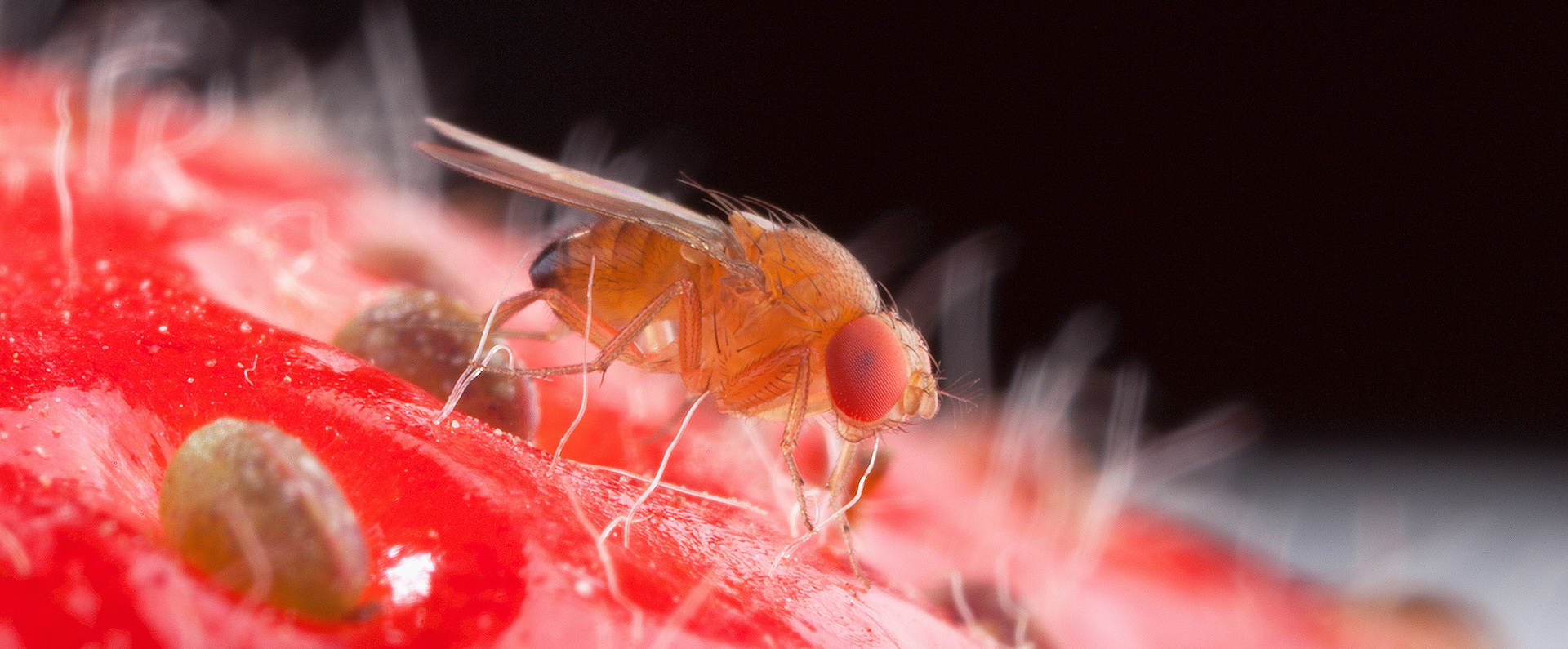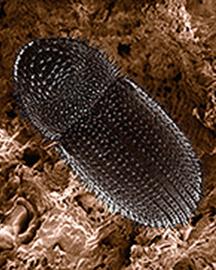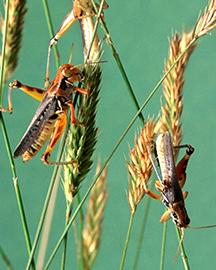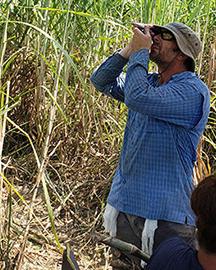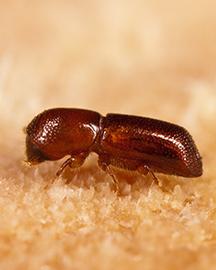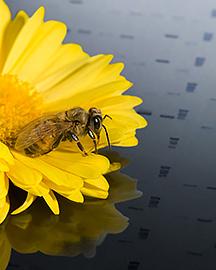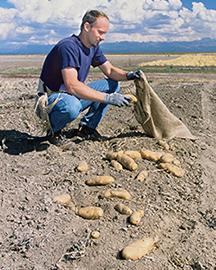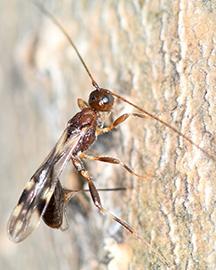Food Additive Takes on Double Duty as a Pesticide

How can something be equally effective as both a healthy food additive and a deadly pesticide? ARS scientists are working to understand that. Methyl benzoate is a naturally occurring compound produced by plants that is approved for human use; its fruity and floral aroma makes it a staple in perfumes, cosmetics, and as a food additive. Nature employs it to attract pollinators.
On the other hand, ARS scientists found that methyl benzoate also can repel, and even kill, other insects and pests, including the spotted wing drosophila (SWD) fly. SWD attacks blueberries, blackberries, raspberries, strawberries, and cherries, causing about $718 million annually in crop damage to farmers. Synthetic insecticides have traditionally been used to fight SWD, but they are both expensive and hazardous to human health and the environment. Methyl benzoate, however, is a natural, environmentally friendly, bio-based compound – and shares the same “chemical skeleton” as DEET, the gold standard in arthropod repellent. ARS researchers are examining that structure-activity relationship so that, along with new, green pesticides, they will be more efficient at controlling SWD and other arthropod pests.
Related Information
Article: Organic Multitasking: From Human Food Additive to Pesticide


